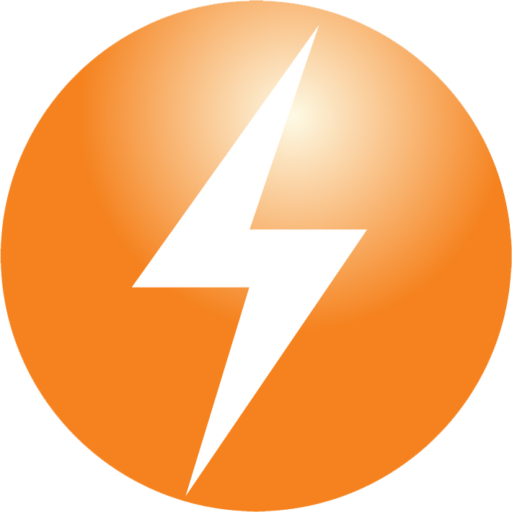Are you thinking about trying solar power, but have concerns about how well it will work in cloudy weather? If you live in states like Arizona, New Mexico, or Texas, you’re likely not very concerned about a shortage of sunshine anytime soon. But what if you live in areas like the Pacific Northwest where the sun can seem invisible for months at a time?
It is true that solar panels generate the most energy when they are exposed to direct sunlight. However, solar panels don’t just harness visible light, but infrared light as well. Both visible and infrared light make their way through cloudy skies. So, solar panels will work during cloudy days, they just function at a higher or lower capacity, depending on the extent of the cloud cover.
Sunny Weather is Not Required
You don’t have to live in a sunny region of the world to take advantage of solar power. All you have to do is look at the world leader in solar power usage. Germany powers about 20 percent of its electrical needs with solar energy, and even hit 50 percent recently. They aren’t exactly known for long bouts of sunny weather, particularly the northern half of the country. Hannover gets approximately 1,650 hours of annual sunshine. As a point of contrast, most of South Florida gets between 3,200 and 3,400 hours of sunshine each year.
Britain, known for its fog and overcast skies, is aggressively expanding its solar capacity.
“Britain has virtually doubled its capacity in the last year, with 80,000 more installations, including several thousand larger scale commercial ones,” said Ray Noble, a consultant at the UK National Solar Centre.
“There are now 530,000 installations in the UK, of which 510,000 are domestic small scale ones. Last weekend we estimate they generated about 8 percent of daytime electricity in total,” said Noble.
Like nighttime use, solar panels produce less power during cloudy days… but that doesn’t mean they aren’t producing energy. How much less it produces depends on factors such as how much cloud cover there is and what kind of solar panels you are using, since some are better at capturing diffuse light (the light that still manages to penetrate cloud cover).
You have various options when dealing with cloudy weather. Maybe the simplest is to have your solar panels go on standby mode and switch to the utility grid. You can also utilize both at the same time.
Another option is to utilize a battery bank for backup. Depending on the size of the battery bank, it can just power select appliances for a few days (on the smaller side) or power your entire home for several days (with larger battery banks).
While the ultimate choice is yours, it’s always a good idea to consult with a solar energy professional to go over the pros and cons of each option. Simply give us a call and we will connect you with reputable solar installers in your region.


